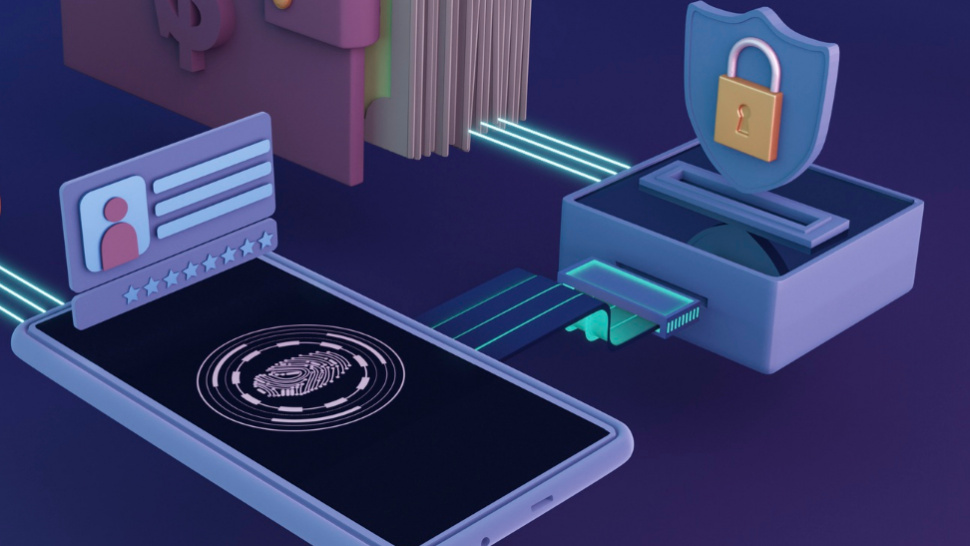The real estate tokenization platform industry has traditionally been known for its complex transactions, high costs, and limited accessibility. However, blockchain technology is disrupting this centuries-old sector by streamlining processes, increasing transparency, and democratizing access to property investments.
By leveraging smart contracts, decentralized ledgers, and tokenization, blockchain is breaking barriers that once made real estate ownership inaccessible to many investors. In this article, we’ll explore how blockchain technology is transforming real estate ownership, its benefits, and its future impact.
The Traditional Real Estate Challenges
1. Lack of Transparency
Real estate transactions are often opaque, prone to fraud, and filled with hidden fees. Buyers and sellers must rely on intermediaries, such as agents and brokers, who can inflate costs and slow down transactions.
2. Lengthy and Costly Transactions
Purchasing or selling property requires extensive paperwork, legal verifications, and third-party approvals. This process can take weeks or months, making real estate one of the least liquid asset classes.
3. High Entry Barriers
Investing in real estate requires significant capital, making it difficult for smaller investors to participate. Additionally, international investors face legal and regulatory hurdles when purchasing property in foreign markets.
4. Fraud and Ownership Disputes
Property fraud, such as title fraud and fake listings, is a growing concern. Verifying property ownership through traditional means is time-consuming and prone to errors.
How Blockchain is Transforming Real Estate
1. Real Estate Tokenization
One of the most significant advancements brought by blockchain is real estate tokenization. This process converts property ownership into digital tokens stored on a blockchain.
Investors can buy and sell fractions of real estate, reducing the capital needed to invest.
Tokenized properties enhance liquidity, allowing real estate to be traded like stocks on digital exchanges.
Smart contracts automate transactions, reducing the need for intermediaries.
2. Smart Contracts for Secure Transactions
Smart contracts are self-executing contracts with terms directly written into code. They eliminate third-party intervention and ensure transactions are secure, transparent, and automatic.
Property transactions are executed instantly once conditions are met.
Buyers and sellers save on legal fees and administrative costs.
The risk of fraud and contract manipulation is significantly reduced.
3. Enhanced Transparency and Security
Blockchain’s decentralized ledger records all transactions immutably, ensuring that data cannot be altered or erased. This transparency offers multiple advantages:
Ownership verification becomes faster and more reliable.
Historical transaction records are accessible in real-time, reducing fraud.
Government and regulatory bodies can track and verify real estate transactions efficiently.
4. Increased Liquidity in Real Estate Markets
Traditional real estate investments are illiquid, requiring months to sell a property. With blockchain, tokenized real estate can be bought and sold in seconds on digital asset exchanges, providing instant liquidity.
Investors can diversify their portfolios by purchasing small shares of multiple properties.
Partial property sales become possible, making real estate investment more flexible.
5. Democratizing Real Estate Investment
Blockchain removes barriers to entry by enabling fractional ownership. This allows investors from all financial backgrounds to participate in real estate markets.
Instead of needing millions of dollars to buy a property, investors can own a piece of real estate for a few hundred dollars.
Tokenized real estate enables global investment opportunities, bypassing traditional geographic restrictions.
Benefits of Blockchain in Real Estate
1. Reduced Costs and Fees
By eliminating intermediaries such as brokers, lawyers, and banks, blockchain technology significantly reduces transaction costs.
No need for middlemen to verify transactions.
Lower administrative fees for property transfers.
Investors keep more of their profits.
2. Faster Transactions
Smart contracts remove the need for manual processing and approvals, allowing real estate deals to be finalized in minutes instead of weeks.
3. Fraud Prevention
Blockchain’s immutable records make it nearly impossible to manipulate property data or commit fraud.
4. Improved Accessibility
By allowing investors to buy fractional shares of properties, blockchain makes real estate investment more inclusive than ever before.
Challenges of Blockchain in Real Estate
1. Regulatory Uncertainty
While blockchain adoption is growing, real estate laws vary significantly across different jurisdictions. Governments must establish clear legal frameworks for blockchain-based property transactions.
2. Limited Awareness and Adoption
Many real estate professionals and investors are still unfamiliar with blockchain technology. Widespread education and industry adoption will take time.
3. Cybersecurity Concerns
Blockchain transactions are secure, but hacking threats still exist. Investors must use trusted platforms to mitigate risks.
4. Integration with Existing Systems
The transition from traditional property records to blockchain-based systems will require significant investment and cooperation from government agencies.
How to Get Started with Blockchain-Based Real Estate Investment
1. Choose a Tokenization Platform
Select a reputable blockchain platform that offers real estate tokenization and adheres to legal compliance.
2. Verify the Property Ownership and Compliance
Ensure the property being tokenized has clear ownership and follows local real estate laws.
3. Buy and Hold Tokens
Invest in tokenized real estate by purchasing digital tokens that represent fractional ownership.
4. Trade or Hold for Long-Term Gains
Depending on your strategy, you can trade tokens on exchanges for quick liquidity or hold them for rental income and appreciation.
Future of Blockchain in Real Estate
1. Global Adoption of Tokenized Properties
As regulations evolve, more real estate assets will be tokenized, allowing investors worldwide to participate in property markets.
2. DeFi and Real Estate Integration
Decentralized Finance (DeFi) platforms will enable tokenized properties to be used as collateral for loans and financial services.
3. Blockchain-Based Land Registries
Governments may adopt blockchain technology for land title management, ensuring tamper-proof records.
4. AI-Powered Smart Contracts
The integration of artificial intelligence with blockchain will further automate property transactions and risk assessments.
Conclusion
Blockchain is revolutionizing real estate ownership by increasing transparency, reducing costs, and enabling fractional ownership. By breaking traditional barriers, this technology is making property investment more accessible, liquid, and secure than ever before.
As blockchain adoption grows, investors who embrace this innovation early will gain a competitive edge in the evolving real estate market. Whether you are a small investor or a large institution, now is the time to explore blockchain-based real estate investment!
Are you ready to take advantage of blockchain-powered real estate? Start exploring tokenized property investments today!




Share the News